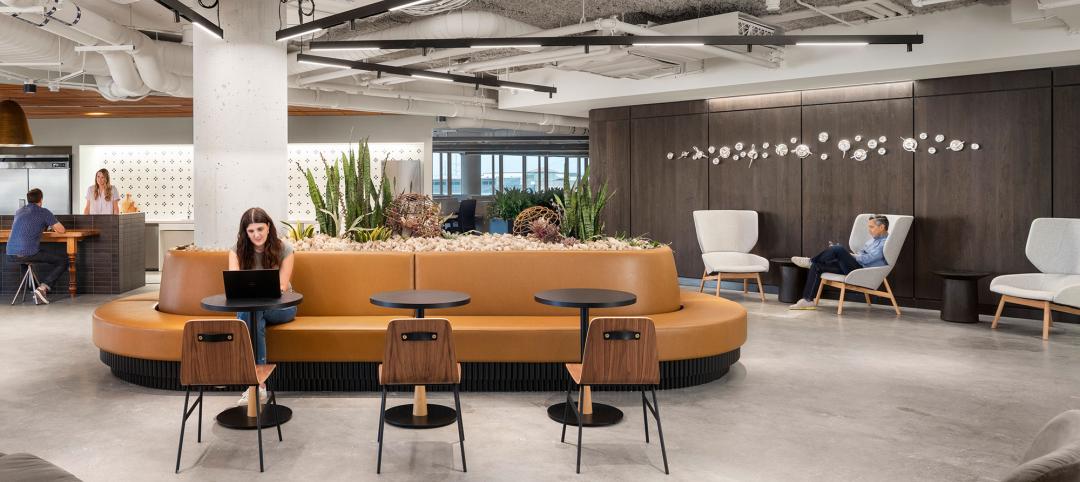Although online retail is growing, it still only accounts for 6% of all retail sales. And physical stores play a critical role in online purchases. According to an Omni-channel Shopping Preferences Study conducted by A.T. Kearney, as many as two-thirds of shoppers go to a physical store before or after making an online purchase. The survey looked at the behavior and preferences of 2,500 U.S. shoppers from teens to seniors.
“A strategy based on leveraging the appeal of the physical store supported by digital is the best formula for capturing the maximum number of sales, building sustainable customer loyalty, and creating opportunities to cross-sell,” said Michael Brown, A.T. Kearney partner and study co-author.
More isn’t necessarily better. Stores are closing. Brands are re-evaluating and assessing locations, formats, and engagement. Retail today is an experience. Many brands are opting for smaller, more curated formats, alternative formats, and leveraging partnerships.
It used to be that a store’s physical location determined the activity of customers. But now, what’s important is the location of the customers themselves relative to their offline options. The physical circumstances define your offline options and, therefore, the attractiveness of the online option.
Also important is how the location of the customer determines with whom they might share information and who might observe their behavior. This is why packaging and doing things to make the product public are really important. You don’t even need to have a conversation; you can have things happen organically through social exposure.
Shoppers are saying something about themselves through the products they consume. That’s why in a place like Los Angeles, people are spending a much higher fraction of their income on automobiles. They’re in them more often, and it’s more of a social signal of status or wealth.
About the Author
Jill Nickels has over 20 years of experience building brands and bringing them to life in built environments. As a Senior Strategist with Gensler, she works with companies from all industries. Contact her at jill_nickels@gensler.com.
Read more posts on the GenslerOn blog
More from Author
Gensler | Oct 21, 2024
3 surprises impacting the return to the office
This blog series exploring Gensler's Workplace Survey shows the top three surprises uncovered in the return to the office.
Gensler | Jun 26, 2024
5 ways ESG can influence design and create opportunities
Gensler sustainability leaders Stacey Olson, Anthony Brower, and Audrey Handelman share five ways they're rethinking designing for ESG, using a science-based approach that can impact the ESG value chain.
Gensler | May 20, 2024
10 spaces that are no longer optional to create a great workplace
Amenities are no longer optional. The new role of the office is not only a place to get work done, but to provide a mix of work experiences for employees.
Gensler | Apr 15, 2024
3 ways the most innovative companies work differently
Gensler’s pre-pandemic workplace research reinforced that great workplace design drives creativity and innovation. Using six performance indicators, we're able to view workers’ perceptions of the quality of innovation, creativity, and leadership in an employee’s organization.
Gensler | Mar 13, 2024
Trends to watch shaping the future of ESG
Gensler’s Climate Action & Sustainability Services Leaders Anthony Brower, Juliette Morgan, and Kirsten Ritchie discuss trends shaping the future of environmental, social, and governance (ESG).
Gensler | Feb 15, 2024
5 things developers should know about mass timber
Gensler's Erik Barth, architect and regional design resilience leader, shares considerations for developers when looking at mass timber solutions.
Gensler | Jan 15, 2024
How to keep airports functional during construction
Gensler's aviation experts share new ideas about how to make the airport construction process better moving forward.
Gensler | Dec 18, 2023
The impacts of affordability, remote work, and personal safety on urban life
Data from Gensler's City Pulse Survey shows that although people are satisfied with their city's experience, it may not be enough.
Gensler | Nov 16, 2023
How inclusive design supports resilience and climate preparedness
Gail Napell, AIA, LEED AP BD+C, shares five tips and examples of inclusive design across a variety of building sectors.
Gensler | Oct 16, 2023
The impact of office-to-residential conversion on downtown areas
Gensler's Duanne Render looks at the incentives that could bring more office-to-residential conversions to life.
















